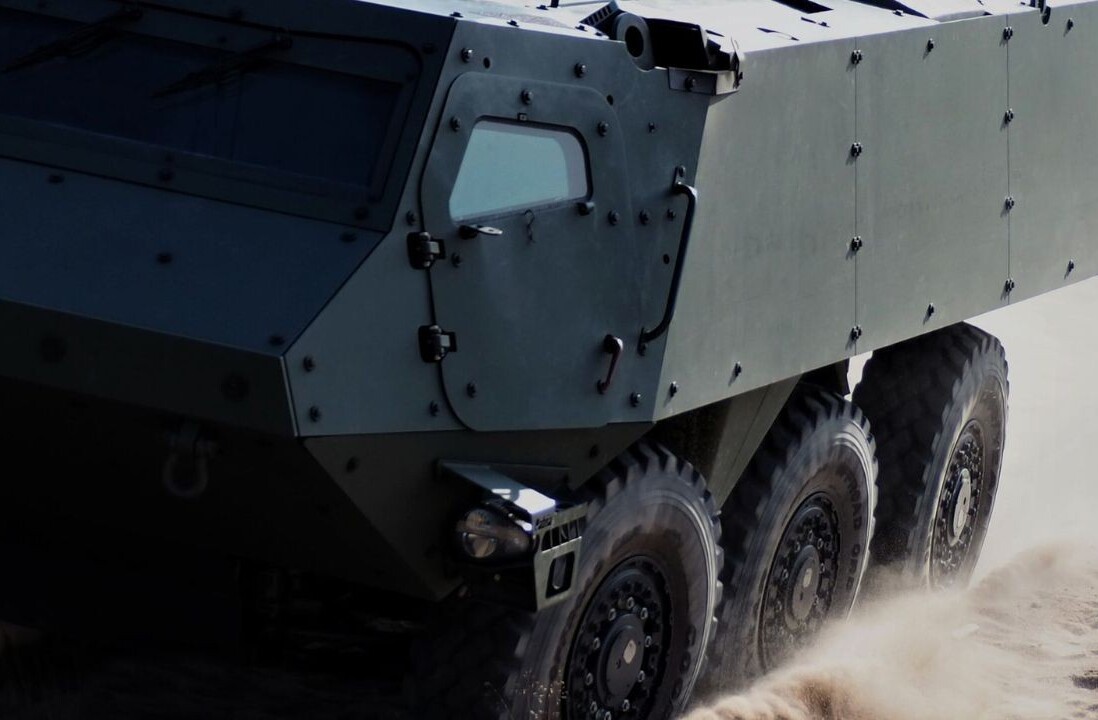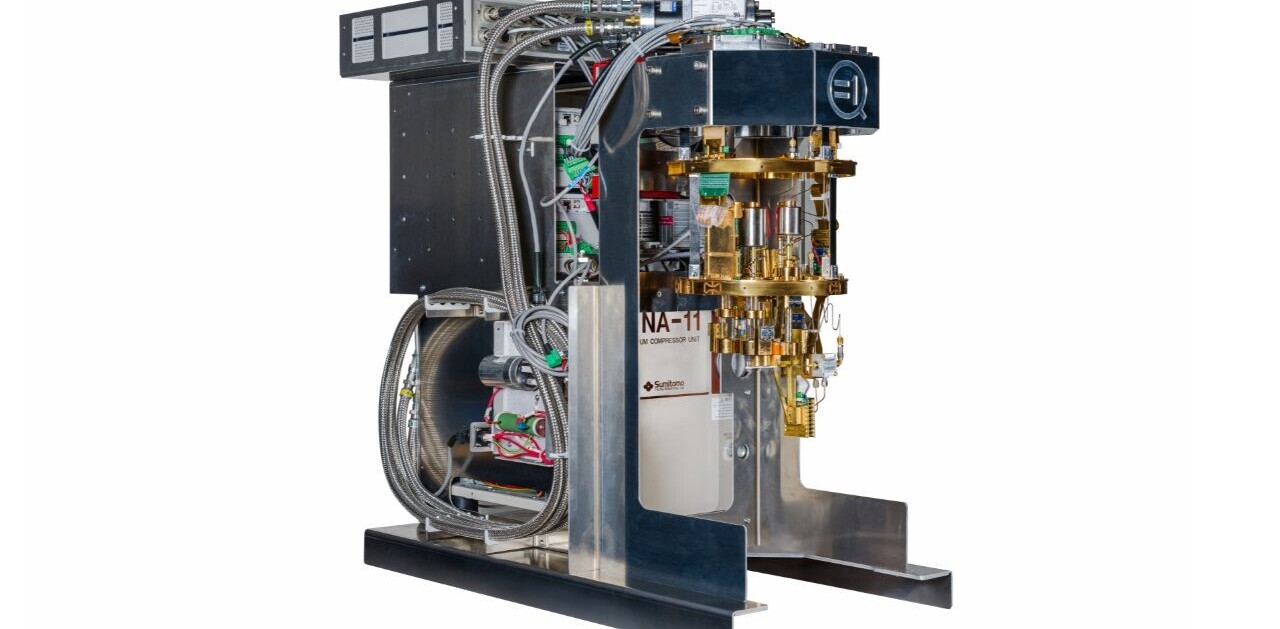A new system that uses sensors and AI to quickly detect tumors can screen women for breast cancer without exposure to radiation.
The device invented by researchers from the University of Waterloo in Canada analyzes microwaves to detect even small, early-stage tumors within minutes.
It took 15 years of research to develop the prototype, but less than $3,800 ($5,000 CAD) to build it.
The device is comprised of a small sensor inside an adjustable box, which is placed under an opening of a padded table. Patients lie face-down on the table with a breast over the opening while the sensor sends harmless microwaves that bounce back to be processed by AI software installed on a laptop.
[Read: Google’s new AI detects breast cancer just by scanning X-rays]
The software then analyses the breast’s tissue composition to detect any anomalies that could be a sign of cancer. If it detects a potential tumor, it triggers a referral for further tests using mammography or magnetic resonance imaging (MRI).
Global potential
Omar Ramahi, a professor of electrical and computer engineering at Waterloo University, said the invention could have vast financial and health benefits.
If women were screened regularly with this, potential problems would be caught much sooner — in the early stages of cancer.
Our system can complement existing technology, reserving much more expensive options for when they’re really needed.
The low cost of the device could increase access to screening in the developing world. It could also remove radiation exposure from cancer screening by using harmless microwaves data to detect tumors.
The researchers plan to start trials of the system within the next six months, with preliminary tests on artificial torsos known as phantoms. If these are successful, their invention could soon be saving human lives.
You’re here because you want to learn more about artificial intelligence. So do we. So this summer, we’re bringing Neural to TNW Conference 2020, where we will host a vibrant program dedicated exclusively to AI. With keynotes by experts from companies like Spotify and RSA, our Neural track will take a deep dive into new innovations, ethical problems, and how AI can transform businesses. Get your early bird ticket and check out the full Neural track.AI helps eliminate radiation exposure in breast cancer screening
Get the TNW newsletter
Get the most important tech news in your inbox each week.




